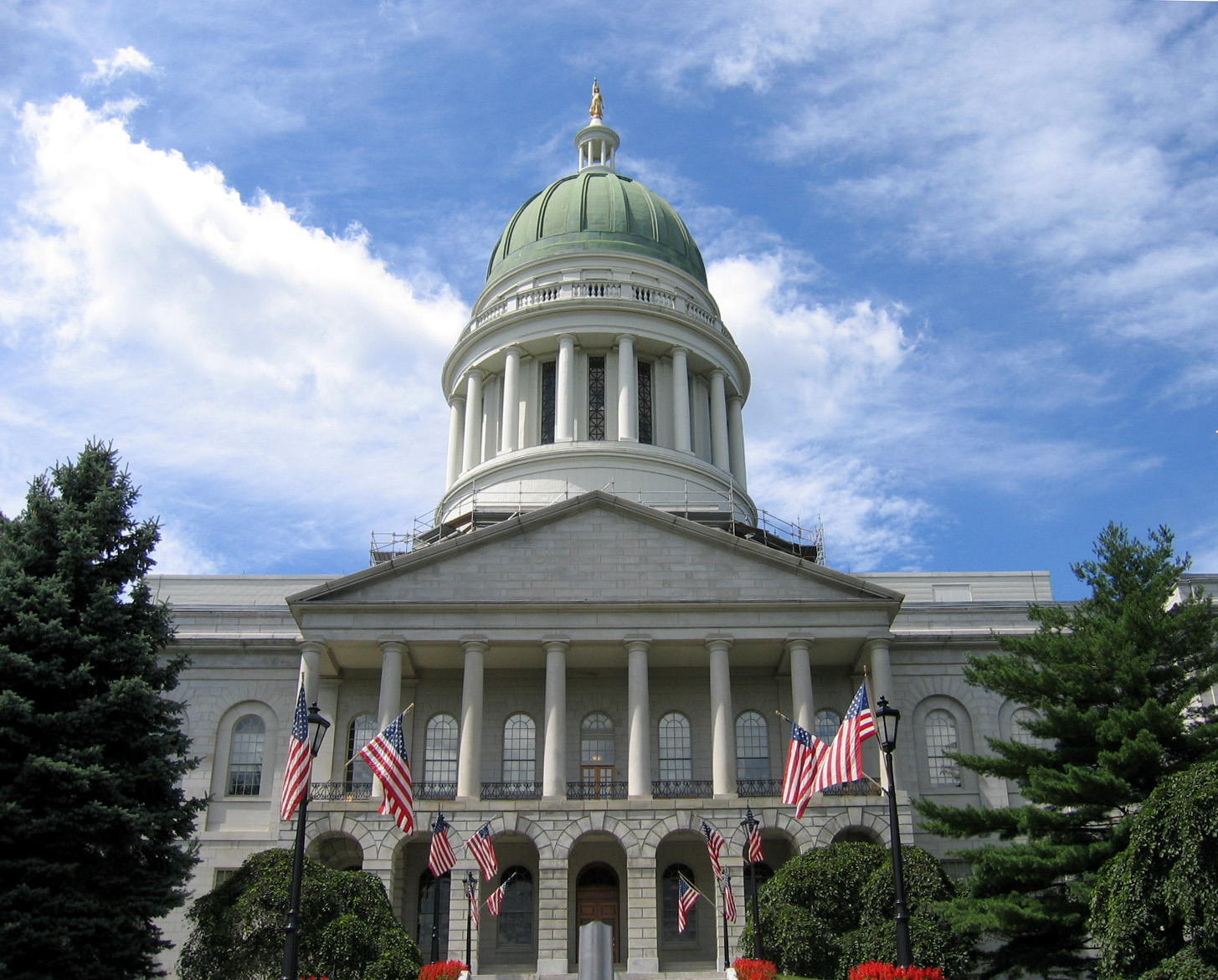
The Freedom From Religion Foundation is denouncing the Maine Senate’s censorship of a humanist invocation.
Thomas Waddell, head of FFRF Maine, worked with state Sen. Shenna Bellows to deliver the opening invocation before the Maine State Senate. This request was initially approved by the secretary of the Senate, with Waddell scheduled to give an invocation before the Senate on May 30. Waddell delivered a humanist invocation before the Maine House earlier this year. Waddell’s scheduled Senate invocation was suddenly cancelled, supposedly because of its content and length. (The remarks can be viewed in the attached PDF.)
Waddell is being forced to meet requirements that others are not. Waddell reports that no other person selected to give the opening invocation must adhere to these unwritten requirements. The Maine Senate’s requirement that Waddell submit his remarks for review and approval violates the U.S. Constitution on a number of counts. First, disparate application of rules based on perception of Waddell’s views on religion is illegal. Second, when the government allows invocation speakers to deliver remarks, it cannot censor or approve invocations based on their viewpoint.
“Government officials cannot ‘act as supervisors and censors of religious speech’ because doing so ‘would involve government in religious matters to a far greater degree than … [either] editing or approving prayers in advance [or] criticizing their content after the fact,'” to quote the U.S. Supreme Court, FFRF Managing Staff Attorney Rebecca Markert writes to Maine Senate President Michael Thibodeau. “As a government official, you cannot dictate what is said or not said by prayer givers.”
If the Senate insists on continuing to host prayers at public meetings, it must not discriminate against any person wishing to give an invocation, FFRF asserts. The nonreligious and members of minority religions should be permitted to deliver invocations, as well.
Under the Equal Protection Clause of the 14th Amendment, it is discriminatory to handle similarly situated persons differently. Treating an atheist or nonbeliever who wishes to give an invocation differently from a religious citizen constitutes discrimination.
FFRF reminds the Maine State Senate that the state/church watchdog group is committed to ensuring that nonbelievers are able to deliver secular invocations before legislative bodies. In May 2016, FFRF sued the congressional House Chaplain for refusing to allow its Co-President Dan Barker to deliver the invocation before the House of Representatives as a guest chaplain. FFRF, with the ACLU and Americans United, is also suing a Florida county over persistent rejection, in violation of the U.S. and Florida Constitutions, of atheists, humanists and other nontheists who want to deliver solemnizing messages to start meetings.
FFRF insists that the Maine Senate immediately approve Waddell’s request and that he be invited back to give his remarks without delay.
“The Maine Senate is supposed to represent all citizens of the state,” says FFRF Co-President Annie Laurie Gaylor. “It cannot act in an exclusionary manner toward a certain group of Mainers.”
The Freedom From Religion Foundation is a national nonprofit organization representing more than 29,000 nonreligious members and chapters across the country, including many members and a chapter in Maine.

